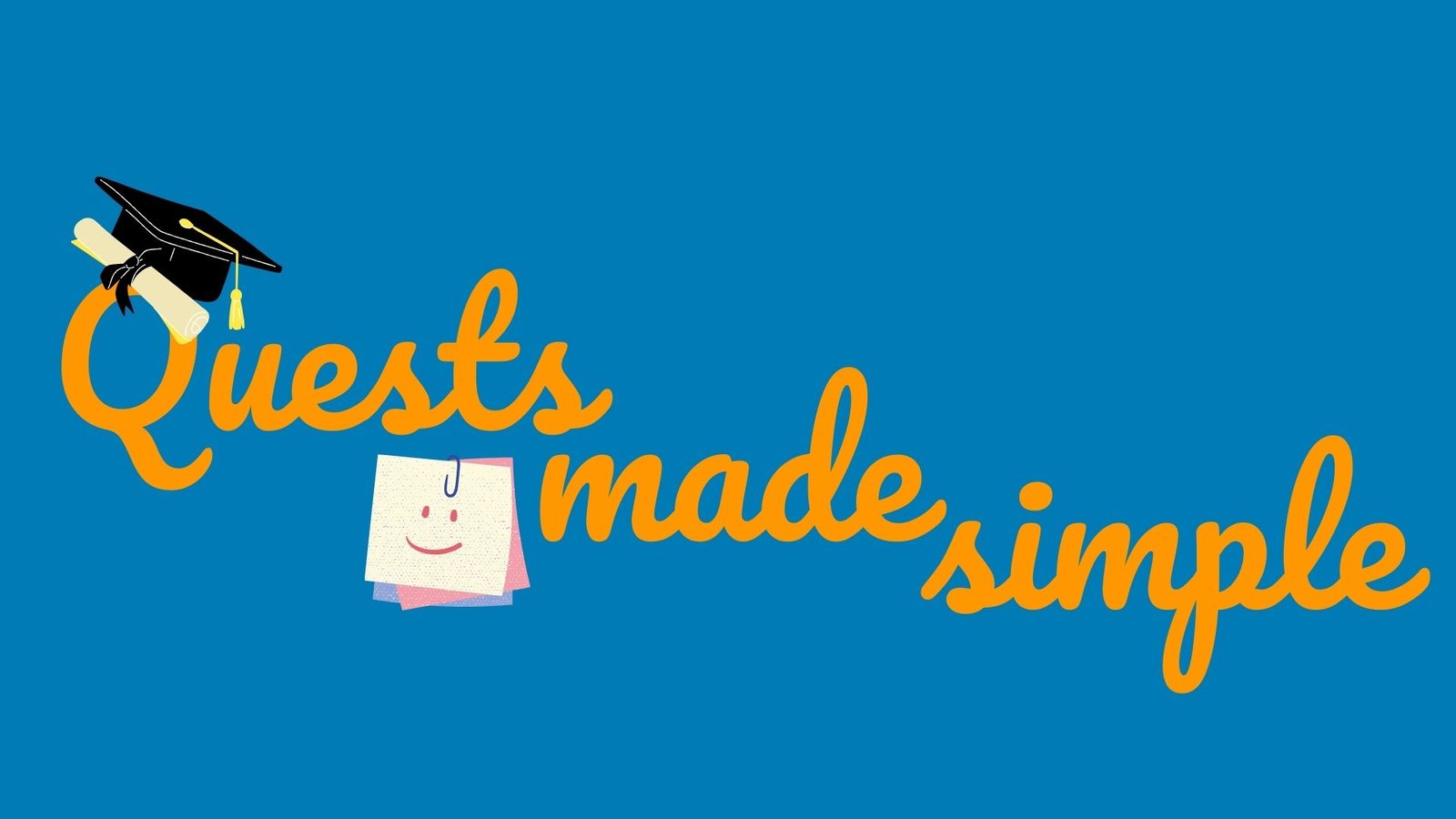How I use these study techniques that have boosted my performance.
Hi! I hope you are having a great day and a decent academic year. Today I want to tell you about some study techniques that helped me significantly improve my grades. Without any more words let’s get into it. These 3 techniques are what I personally love practicing and they worked for me the most.
- Using a Timer
- Learning by teaching someone.
- Spaced Repetition
Using a timer: Recently I started using a timer when studying. I try to do the tweaked Pomodoro where I study for 50 minutes and take a 10-minute break. 50-10. A timer is now an essential tool for my day-to-day life. It helps me stay focused as I can glance at the timer and remind me to stay stuck on the study table.
This practice makes larger tasks look like a piece of cake because the short intervals narrow down the larger tasks. It especially worked for me from the start because I was struggling with distractions. I could not make myself study for long. But when I started to implement this technique it was easy for me to forget distractions and focus on finishing the task.
In the beginning, I started with the standard Pomodoro. I used to study for 25 minutes and then take a 5-minute break. 25-5. Then I thought about the cons of Pomodoro. It helps you laser-focus on the task you are doing. However, the frequency of breaks is high in this technique. As a result, you will have to struggle a bit to get yourself into studying again after the break. I mean it was already a great task to just sit on the study table when starting. Now just after 25 minutes, my brain is getting an interval to get distracted and not come back to study again.
To fight this problem I started to follow the extended Pomodoro. 50-10. Now, It has become an optimum practice for me. I am not getting distracted and I am completing more tasks as well in the meantime.
Learning by teaching someone: This practice is termed as “The Feynman technique”. Feynman as you know is called one of the best learners. The way he loved to learn was by teaching someone the topic you have just read/covered. I have been using this technique for 5 years now. If I were told to make you practice one single technique that would boost your performance, I would make you practice this one. I have introduced this technique to some people in my friend circle. It worked for every one of them.
The idea is, suppose you have read the history of the First World War. Now you will summarize every key point of what you’ve read to your younger cousin, parents, or anyone around you.
You will soon realize if you could have learned history well. When describing you will figure out that you might have missed something that you should have remembered. Then you can go through the pages again to grasp the important parts that you forgot while describing to someone.
Teaching maths and physics to my younger sibling helped me develop my problem-solving skills a lot. Teaching something, in general, worked as if I were researching the topic because I would have to put my efforts into making my students understand the topic well. That practice makes me think about the topic from various perspectives. This technique also helps me be more confident about my knowledge. So that I can be ready at any time to share my knowledge with others.
Spaced Repetition: I started practicing this technique when I felt like I was forgetting almost everything after a while. For example. I have understood all the key factors of the First World War. But I often forget some important names, some years, dates, etc. To counter that I started “Spaced repetition”
Generally spaced repetition means you will go through the same topic again which you learned Some days ago. Gradually you will increase the time between the revisions. So that it becomes “spaced” repetition. This helps your brain to store more information easily. We know that our brain can not retain 100 percent of what we have read in a day. The next day, we forget 10 percent of it. If we revise it again the next day, our brain will work on the 10 percent that we would have forgotten. Then we can revise it again after a week. Afterward, we will revise it after a month. Thus we can make our brain retain almost 100 percent of the topic and It will be hard for it to lose the memory.
